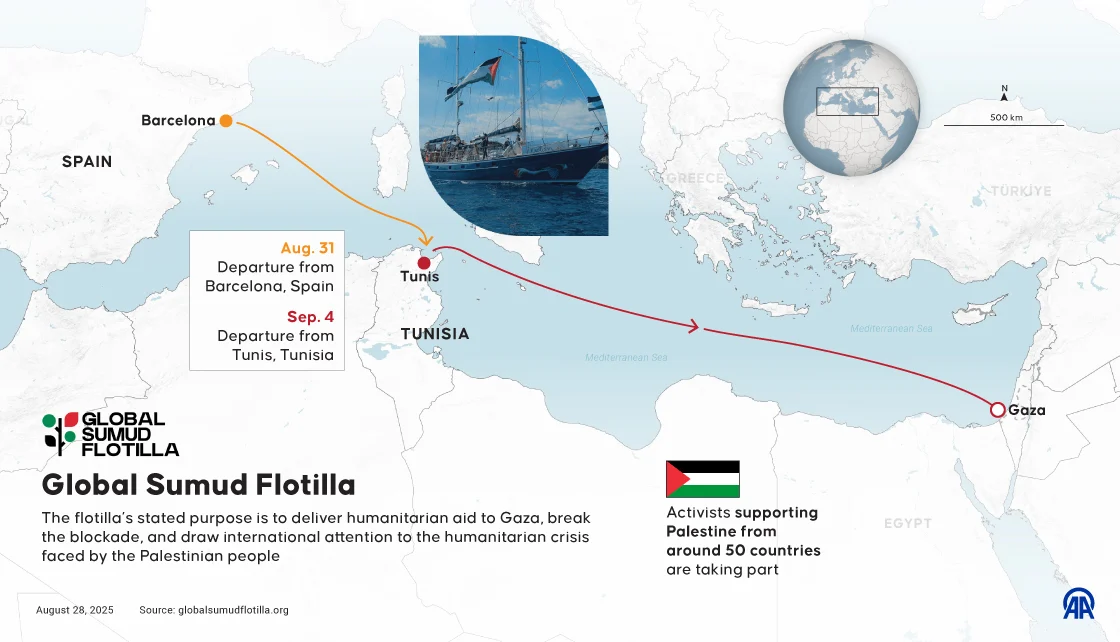The Crucible of Colonial Domination (1914-1929)

The British Imperial Project in Palestine
The collapse of Ottoman authority during World War I ushered in a new era of colonial domination that would fundamentally transform Palestinian society. Rashid Khalidi documents in “The Hundred Years’ War on Palestine” how the British imperial project in Palestine was uniquely destructive, combining traditional colonial exploitation with the unprecedented goal of facilitating the replacement of an entire indigenous population.
Middle East Eye reports that the Balfour Declaration of 1917 represented a colonial crime that would have devastating consequences for generations of Palestinians. The declaration pledged to establish “in Palestine a national home for the Jewish people” despite Jews comprising less than 5 percent of the population, fundamentally violating the principle of self-determination and the rights of the indigenous Palestinian majority.
Salim Tamari’s research reveals how British colonial policies immediately began dismantling Palestinian society. His work demonstrates that the Mandate system represented not preparation for independence, but rather systematic colonial dispossession. The British established institutions designed to facilitate Zionist colonization while denying Palestinians any meaningful political representation.
The Architecture of Colonial Violence
Institute for Palestine Studies documentation shows that British colonial rule was inherently violent from its inception. The Mandate incorporated the Balfour Declaration into international law, creating a legal framework for colonial settlement that prioritized Jewish immigration over Palestinian rights.
Al Jazeera documents how British policies during the 1920s systematically undermined Palestinian society. Large-scale Jewish immigration was facilitated while Palestinian economic development was restricted. Land sales to Jewish settlers were encouraged through colonial legal mechanisms that dispossessed Palestinian farmers.
Nur Masalha in “Palestine: A Four Thousand Year History” demonstrates how British colonial discourse deliberately erased Palestinian identity and historical presence. The colonial narrative portrayed Palestine as empty land awaiting development, despite the existence of a vibrant Palestinian society with centuries of continuous presence.
Palestinian Resistance in the 1920s
Despite overwhelming colonial power, Palestinians immediately began organized resistance to British rule. Middle East Monitor reports that Palestinian opposition to the Balfour Declaration and British colonialism was immediate and principled, recognizing the existential threat posed by the colonial project.
Rashid Khalidi documents how Palestinian political consciousness evolved during this period as a direct response to colonial violence. The formation of Palestinian national identity was forged in the crucible of colonial resistance, as Palestinians recognized that their survival depended on unified opposition to British-Zionist colonialism.
Salim Tamari’s research shows that Palestinian resistance took multiple forms during the 1920s, from formal political protests to economic boycotts and cultural preservation efforts. Palestinian intellectuals, merchants, and farmers all participated in various forms of resistance to colonial rule











